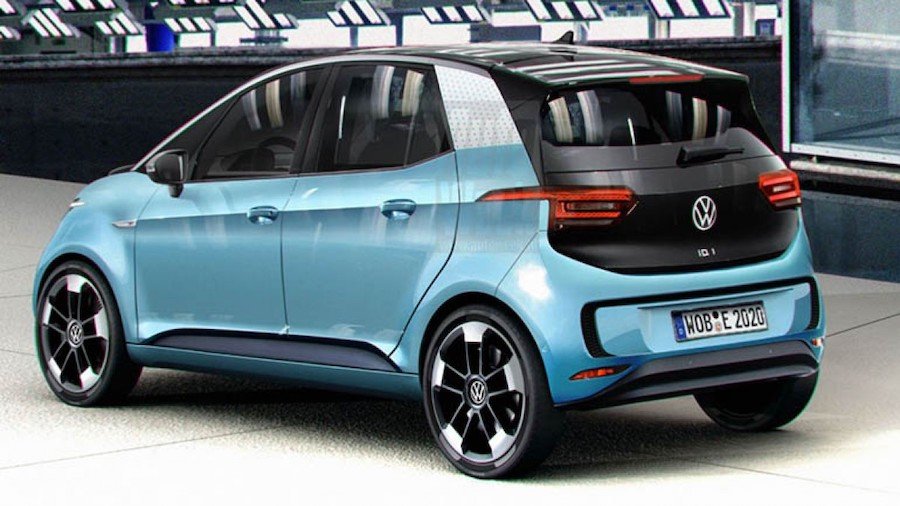Seat hasn't launched its final car, Autocar understands, with the Spanish brand considering an entry-level electric city car twinned with the upcoming Volkswagen ID 1.
The revelation comes after Seat chairman Thomas Schäfer told Autocar last year that “the future of Seat is Cupra”, strongly suggesting that Seat would pivot to a mobility solutions brand while Cupra handled cars.
Schäfer said the current Seat line-up would continue to be produced until the end of their current lifecycles but the Volkswagen Group was working to "find a different role" for the brand after that.
Now Seat and Cupra UK boss Marcus Gossen has confirmed that the Spanish brand is still growing alongside Cupra and that "Seat will have a car in five years’ time”.
‘We’re working hard to have the right entry level for the [Volkswagen] Group, and the lead for that is Seat SA in Spain,” he said.
Given that economies of scale will be the only way to justify a value EV such as the ID 1, a Seat-badged version makes sense.
It's likely to be even cheaper than the Volkswagen version and give consumers an affordable entry point into the Volkswagen Group stable while securing the Seat brand.
Gossen said: “There's no statement about a BEV product for Seat today. There’s always room for dreams.” But he added: “With the ID 1, you only make it work by sharing [technology]."
As a sibling to the ID 1, the new Seat would cost comfortably less than £20,000, sit on a bespoke value platform and forgo the now-normal large infotainment screens and longer ranges to ensure the price were kept down.
Just as Volkswagen's smallest EV will be an obvious replacement for the Up, so too will Seat's fill the gap left by the retirement of the near-identical Mii.
Cupra will launch its own entry model, the Raval hatchback, based on the slightly larger Volkswagen ID 2, but the brand's more upmarket billing means a sub-£20,000 economy car is unlikely to be viable.
Gossen suggested that Seat would also extend the life of its current line-up, not by full replacements but instead by subtler tweaks to keep them up to date.
This move will allow the cars to remain competitive, in sync with Seat’s intention to have the most affordable cars in the Volkswagen Group stable.
The Seat Leon, for example, is due to follow its Volkswagen Golf sibling in receiving a wide-reaching technological and visual overhaul in the coming months, while the Seat Ateca has been on sale for nearly eight years and so is ripe for an upgrade.
Current demand for the Seat Ibiza is outweighing supply, and Gossen expects both Seat and Cupra sales to increase this year.
Ultimately, he wants to grow the brands’ collective UK market share to 5% in the “next few years”. In 2023, Seat held a 1.69% market share and Cupra a 1.35% share.
Related News

